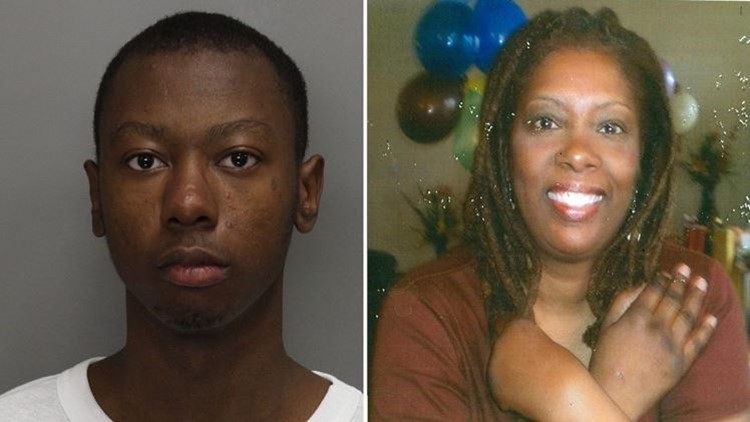ATLANTA — After two trials and two appearances before Georgia's Supreme Court, a west Cobb County man's murder case will be allowed to be argued in court for the third time - and it won't be considered double jeopardy.
Justices ruled that Damien Cornell McElrath's retrial does not fall under double jeopardy, that is, he can be tried again on similar charges as his other trials. This is after McElrath received inconsistent verdicts on differing murder charges in two separate trials. His case has been weaving in and out of the courtroom since 2012.
McElrath was found guilty of stabbing his adoptive mother Dianne McElrath to death a decade ago.
Court documents cite the teen stabbed his guardian more than 50 times. He told officers he stabbed his mother because he believed she had been poisoning him for years, records show. He cleaned up the scene and was the person who called 911, police said, adding that he had been in and out of inpatient care in the months leading up to the brutal death of his mother.
His case went before prosecutors in a non-jury trial in 2014 where he was convicted of murder and aggravated assault. However, a judge later granted his motion for a new trial after concluding the then 18-year-old unknowingly waived his right to a jury trial.
McElrath's case went in front of a jury in 2017 which found him guilty, but mentally ill, on charges of felony murder and aggravated assault. However, he was found not guilty of the malice murder of his mother by reason of insanity.
Attorneys for McElrath appealed his case to the state Supreme Court which vacated the verdicts as repugnant, finding the jury's decision on the charges inconsistent and contradictory. The high court remanded his case for a new trial.
In a second appearance in front of the state's highest court, McElrath's attorneys motioned that a retrial would fall under double jeopardy, arguing he would be prosecuted again for charges in which a jury has already determined he was not criminally responsible. The trial court denied this motion and, in its opinion, the state Supreme Court agreed with its denial.
Justices explain that since its previous ruling rendered the verdicts valueless, there are no grounds for double jeopardy.
"Accordingly, the general principles of double jeopardy do not bar McElrath's retrial on the malice murder charge," the opinion states, adding his attorney's arguments fall short of arguing against a retrial.
The Supreme Court has given McElrath's attorneys until Nov. 9 to file any motions for reconsideration.



